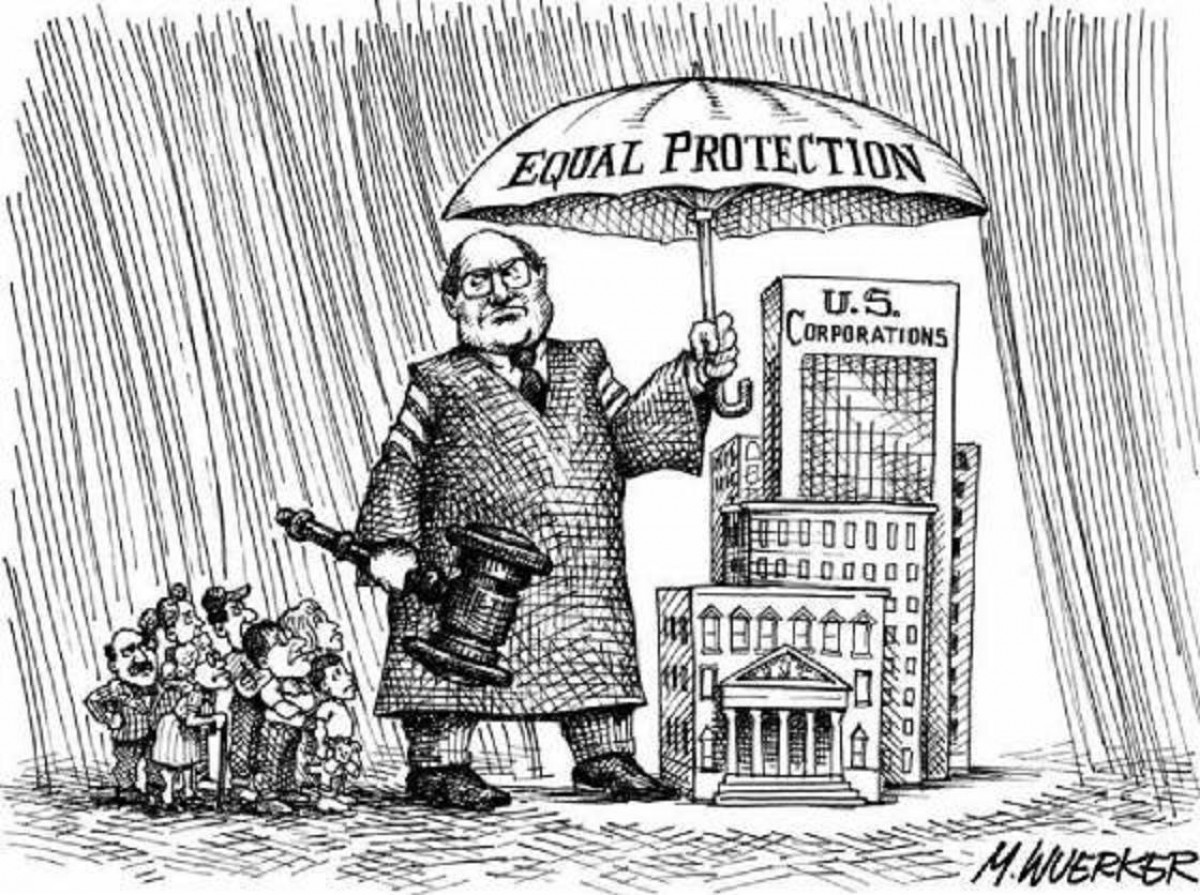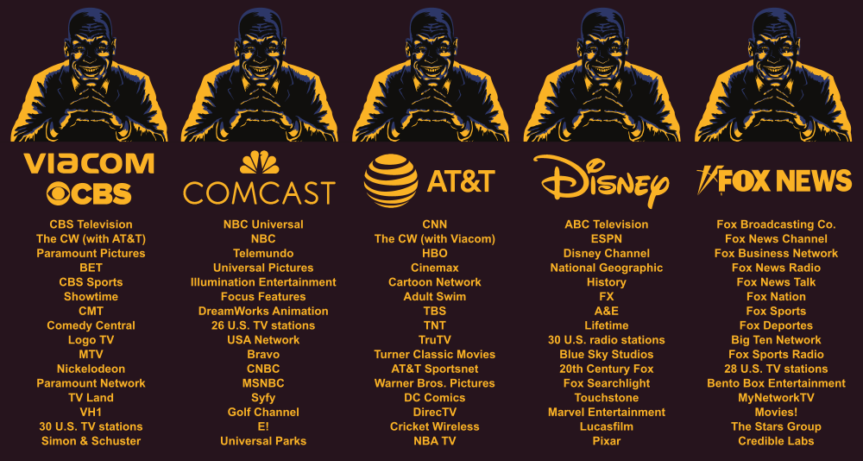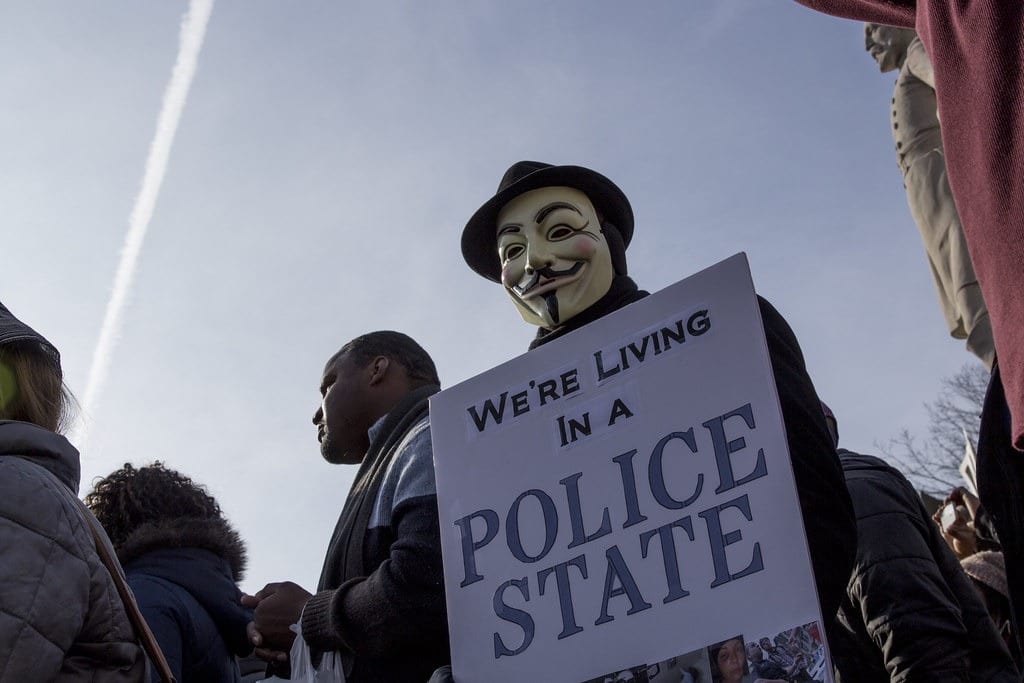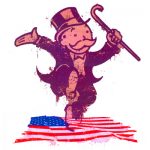Recently, I had a reader ask me if the U.S. was surreptitiously becoming a "Marxist" country. The reader pointed to presence of Left wing groups like Antifa. LGBTQ, and Black Lives Matter (which have gone quiet lately) and the hesitance of government officials (especially Democrats) to act, not to mention the politicization for the Justice Department and law enforcement agencies such as the FBI. They also wondered if the comically misnamed "January 6th Insurrection" was part of it, perhaps a "false flag" designed to rally the Left and shine the spotlight on Right winger agitators and leaders.
While there's no
doubt the protest of January 6th was out of years of pent-up frustration,
triggered by what many saw as a "stolen election", it was by no means
a "false flag". It was genuine anger, and as the last four years has
borne out, a justifiable anger. The Biden
Administration hasn't done America any favors domestically or overseas. So, is America on the road to Marxism? Here's my response. I hope you find it
informative.
Is the U.S. becoming Marxist? Hardly. In fact, we’re aren't in
the midst of a revolution of any sort (at least, not yet). However, the United States is and has been
undergoing a corporate coup in slow motion for some time now. Wall Street has
been growing its power and influence over politics in the U.S. ever since the “Citizens
United” blunder in 2010 by the Supreme Court, which effectively removed the
ordinary citizen voter from any meaningful impact on elections.
Citizens United declared that corporations, which are
nothing more than legal fictions, have the same rights as you and I while
employees are denied many of the basic rights they have outside of the
business. It means that not only does the artificial entity itself have a voice
in a election, but so to does the individuals who control the company. In
addition, the Supreme Court blunder said that money is equivalent to free
speech.
It also said corporations can donate what they please while
we’re still capped in what we can donate, not that it matters. Corporations can
give millions which far exceeds anything the average citizen voter can ever
hope to give. These corporations even donate more than unions by a 10 to 1
margin.
Thus, corporations can buy the candidate of their choice. They also underwrite the two principal parties, the Democrats and Republicans (what in truth we have is simply two competing corporate cliques with many corporations giving to both parties). They also fund so-called “leadership PACs” which are basically slush funds for politicians to use as they please.
There are literally hundreds of lobbyists per legislator
(who often call on the senior staff as well). How many lobbyists represent “Joe
and Jane Public? you ask? Virtually none, and what does exist can’t come close
to matching what Wall Street gives.
In addition, because politicians don’t have the time or
staff to read every bill coming across their desk, corporate lobbying firms do
have the time and staff to reading incoming bills, as well as provide summaries
and recommendations on how to vote. On many occasions, this is done strictly for
the party leadership, who then pass their marching orders down the line. As an
aside, legislators typically spend the majority of their day fund raising for
the party and party leadership as well as themselves.
Corporate lobbyists help legislators to research and/or
write bills (and have been known to write the bills in their entirety) and then
help shepherd them through the maze of committees (albeit often quietly picking
up some "riders' (better known as “pork”) along the way.
Now, if that’s not enough, corporate lobbyists provide all
sorts of perks, ranging from the use of private planes, boats, beach houses,
“investment advice”, and vacations (typically under the heading of a “seminar”
or something educational). In addition, the majority of legislators leaving
office find themselves working for one or more of these lobbyist firms and/or
Wall Street corporations making ten times what they did in Washington (many
under the moniker of <wink wink> “consultant”).
Just five corporations now control 96+% of all media—-print, electronic, internet, television and radio. They determine what you hear and see (until recently it was six). They decide what you should know and how it’s to be presented. They also entertain you with regular programming (some with a political slant and some not), sports, video games, talk shows, magazines, and so forth. Some of it is obvious but most of it isn’t. It’s barely noticeable and subtle. Bread and circuses made new.
So, does any of that sound like “Marxism” to you? Most political scientists agree that the United States is nowadays a neo-fascist Oligarchy. The debate has become over which term best describes the nature of our servitude --- a “plutocracy”, "oligarchy", or “kleptocracy”, but does it matter? The end result is the same. We've ceased being citizens. National pride is passé, even frowned upon. Nowadays, we are global consumers loyal to some soap or deodorant.
America is no longer a Republic, although the illusion will continue to be perpetuated for a bit longer just as it was under the early Roman Caesars shortly after the fall of the Roman Republic. The Caesars offered security and economic stability in exchange for power, wealth, and the freedom of the Roman people.
The United States has become a corporatocracy through a process known as "gradualism"; shot incremental steps which, while appearing to go backwards here and there, steadily advances elsewhere. Sometimes it makes giant bold moves while at other times its movements through the halls of government are so subtle as to be barely noticeable.
We've devolved into a surveillance state where privacy has become a quaint notion of a bygone age, where democracy is parceled out, and our freedoms are managed for our own good. Any government which has taken upon itself the power to a lot you any measure of freedom can just as easily take that freedom away without civil recourse. Government should serve the people, not serve them up on a platter.
There are literally dozens of books, articles and videos
about our metamorphosis from a democratic Constitutional Republic into “USA
Inc”. I’ve provided just a sprinkling of links below to whet your curiosity. I
do hope you will check them out.
Thank you for reading "Another Opinion", the Op/Ed blog page for the "militant middle". Here at "A/O" we truly value our readers. At A/O we seek the facts as they exist, not partisan talking points. We hope you found our articles informative and engaging. Comments are welcome, provided they are not vulgar, insulting or demeaning. Another Opinion is offered without charge and is directed toward all independent and free thinking individuals. We do ask, however, that you "like" us on whatever site you found us on, and that you please pass our post along. Below you will find links to the sources we used in writing this article. Thank you.
The Media Oligopoly: How a Handful of Companies
Control Nearly All of the Media in the U.S.
The Myth of U.S. Democracy and the Reality of U.S.
Corporatocracy
The Corporate Takeover of American Politics
How the US Became an Oligarchy
The American Oligarchs Have Arrived
to Destroy US Democracy | Common Dreams













